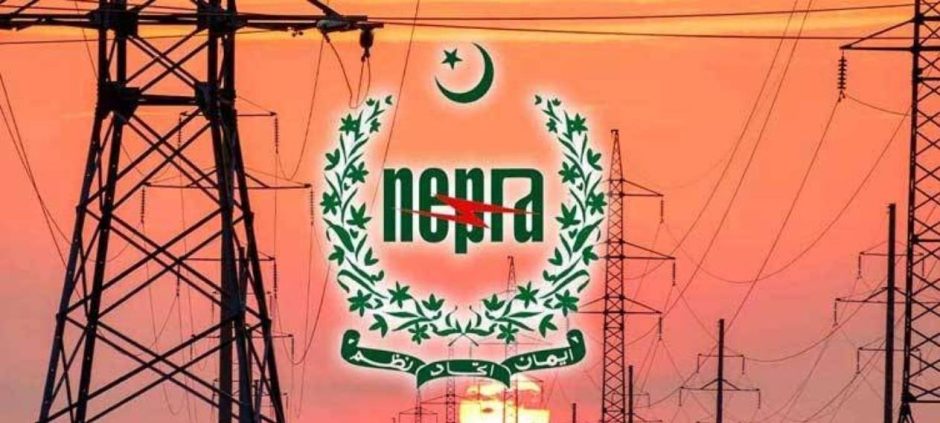The National Electric Power Regulatory Authority (NEPRA) has expressed serious concern over the rising capacity charges in Pakistan. Officials said these charges are a major factor behind high electricity tariffs.
During a public hearing on Thursday, NEPRA reviewed petitions from 11 distribution companies (Discos) regarding the determination of Use of System Charges (UoSC). NEPRA Member (Technical) Rafique Ahmad Shaikh remarked that “only a miracle” could reduce the soaring capacity charges under current circumstances.
The hearing was chaired virtually by NEPRA Chairman Waseem Mukhtar and attended by Member (Law) Amina Ahmed and Member (Development) Maqsood Anwar Khan. Government officials, including PPMC Managing Director Mehfooz Bhatti, outlined a plan to auction 800 MW of electricity at wheeling charges averaging Rs. 12.55/kWh, with a maximum limit of 1 MW.
GEPCO proposed models for launching the Competitive Trading Bilateral Contract Market (CTBCM), including a hybrid system. However, NEPRA members expressed concerns due to the absence of an approved Standard Cost Framework, which is required before moving forward.
Officials clarified that NEPRA can approve grid charges but cannot approve standard costs until the government submits the framework. Industrial consumers currently pay under a two-part tariff system. A hybrid model combining volumetric (kWh-based) and capacity-based (kW/month) charges is under review.
Industry stakeholders, including the Karachi Chamber of Commerce and Industry (KCCI), warned that higher wheeling and system charges could harm industrial competitiveness and overburden consumers. KCCI’s Tanveer Barry noted that such costs could undermine exports and called for a transparent and equitable framework.
NEPRA also noted that capacity charges remain excluded from the proposed UoSC/Grid Charges under the National Electricity Plan 2023–27. However, inefficiencies and recovery shortfalls continue to push costs higher, keeping electricity tariffs elevated.
The regulator emphasized that urgent reforms and better monitoring are necessary to prevent electricity costs from escalating further.
In other related news also read NEPRA Raises Electricity Prices for Karachi











